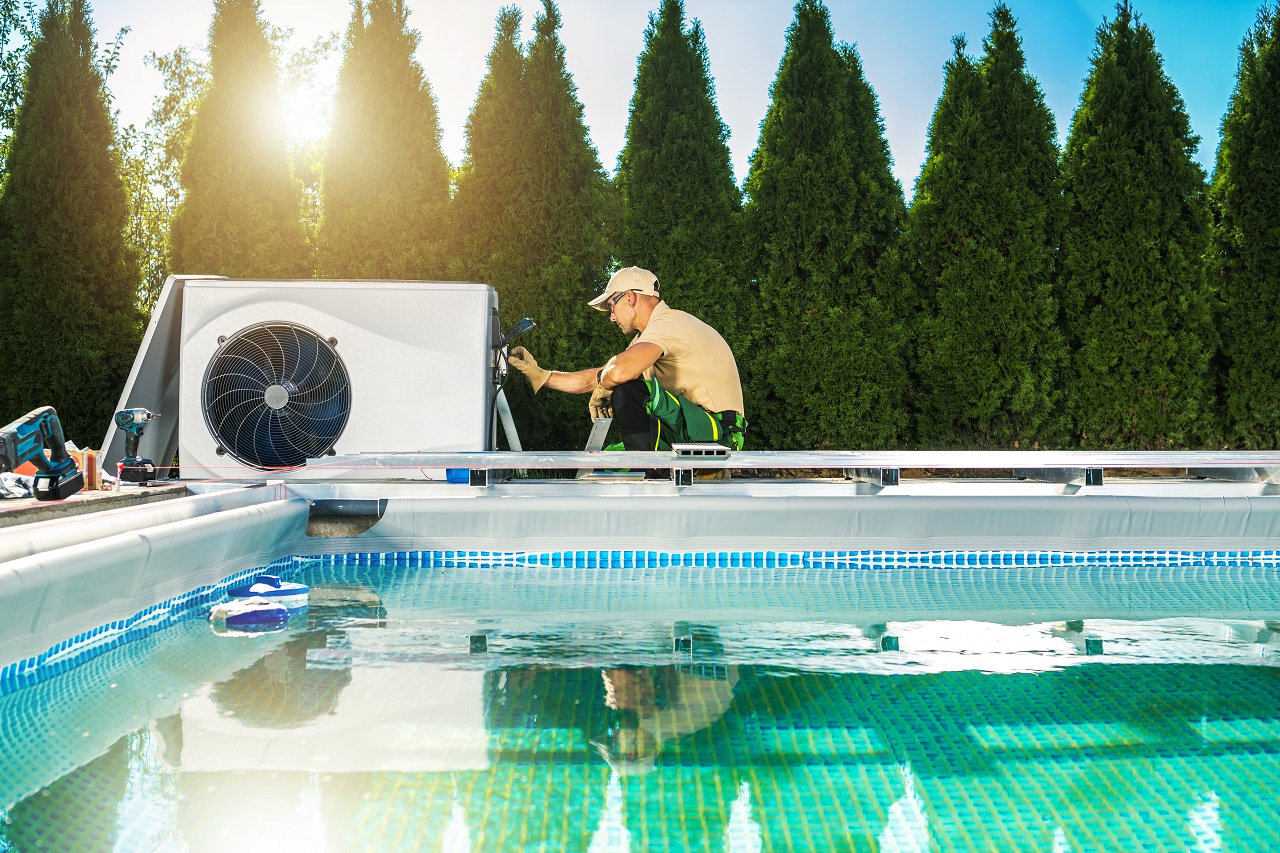As the seasons change, maintaining a comfortable pool temperature becomes crucial for those of us who enjoy a good swim, regardless of the weather. This comfort largely depends on a properly functioning pool heater. But what happens when your pool heater starts to falter? Recognizing early signs of trouble can save us from discomfort and costly repairs down the line.
Understanding how to spot these signals and knowing when it’s time to call Island Aire of Southwest Florida Inc. can extend the life of your pool heater and ensure it runs efficiently. Many homeowners might overlook subtle signs that their pool heater is underperforming until it’s too late. This can lead to more severe problems that only professional repair services can fix.
It’s essential for us to be aware of the common issues that pool heaters can develop. By spotting these early and responding swiftly, we can keep our swimming sessions just as enjoyable in cooler weather as they are in the summer. Let’s dive into some of these common signs and what measures we can take to prevent potential pool heater failures.
Identifying Pool Heater Performance Issues
Identifying performance issues with your pool heater early can be crucial in avoiding more extensive problems down the line. The first step we take is to monitor the heater’s ability to reach and maintain the desired water temperature. If there’s a noticeable discrepancy between the settings on the thermostat and the actual pool temperature, this might indicate that the unit is struggling to perform efficiently.
Another key factor we look at is the time it takes for the heater to warm the pool. If it takes significantly longer than usual, it could suggest underlying issues such as a malfunctioning thermostat or a problem with the heat exchange components. We also listen for any unusual noises like banging, whistling, or grinding sounds coming from the heater. Such noises can be telltale signs that mechanical components within the unit, possibly the bearings or the fan motors, are not functioning properly.
Common Signs Your Pool Heater Needs Repair
Recognizing the common signs that your pool heater needs repair can help us take timely action to resolve the issue. One of the most obvious signs is a complete lack of heat production. If the pool remains cold even when the heater appears to be running, this is a clear signal that something isn’t right. Also, if you observe erratic heating, where the temperature of the pool water fluctuates unpredictably, this might indicate a faulty thermostat or issues with the internal controls.
We also check for physical signs that could indicate a need for repairs. Signs such as rust on the heater casing or water leaks around the unit can both suggest that internal components are failing and might need replacement. Additionally, an increase in energy bills can be a more subtle hint that the pool heater is losing efficiency and requires attention. These issues, while seemingly small, can lead to bigger problems if not addressed promptly, potentially resulting in the need for a full heater replacement. Recognizing these issues early helps us maintain the heater in good condition and ensure it operates effectively for as long as possible.
When to Call a Professional for Pool Heater Repairs
At times, determining when to call a professional for pool heater repairs can be straightforward, but there are situations where the signs might not be so clear. We urge homeowners to call us whenever the heater stops functioning entirely—this is an obvious indicator that professional help is needed. Other urgent situations include when the pool heater emits strange odors like burning or gas, which can be signs of dangerous conditions pending or already occurring.
Another critical time to call professionals is when you notice water leaking around the pool heater. Water leaks signify internal issues and can lead to further damage if not addressed quickly, including harm to nearby structures or equipment. Additionally, if the issue persists after performing basic troubleshooting—like checking the electrical connections and ensuring the thermostat is set correctly—it’s prudent to have a professional take a look. Advanced problems often require specialized tools and knowledge that only trained technicians possess.
Maintenance Tips to Prevent Future Pool Resistance Problems
Regular maintenance is key to preventing future problems with your pool heater. First and foremost, we advise setting up a regular maintenance schedule with a trusted professional. This proactive step ensures that potential issues are caught and addressed early before they develop into bigger, costlier problems. Regular inspections can help spot wear and tear, corrosion, or other damages that might impede the efficiency of your pool heater.
Cleaning the heater’s components, such as the filter and burner, is also vital. A clean filter ensures proper airflow, which is crucial for the efficiency of the heater. The burner should be free of debris to prevent inefficiency or the possibility of fire. Ensuring the area around the pool heater is clear of debris and obstructions also helps maintain its efficiency and safety. We recommend keeping at least a two-foot clearance around the unit to provide adequate airflow and ease of access for maintenance.
Conclusion: Trust Us for Your Pool Heater Needs
Keeping your pool heater in optimal condition not only ensures comfort during swim sessions irrespective of the season but also prolongs the lifespan of the unit. We understand the importance of a well-functioning pool heater. Our expert team at Island Aire Of Southwest Florida Inc is committed to providing top-notch pool heating repair services in Fort Myers, FL to keep your pool heater running efficiently and safely. Don’t let a faulty pool heater disrupt your swimming plans—contact us today, and let’s ensure your pool remains a comfortable retreat year-round.






